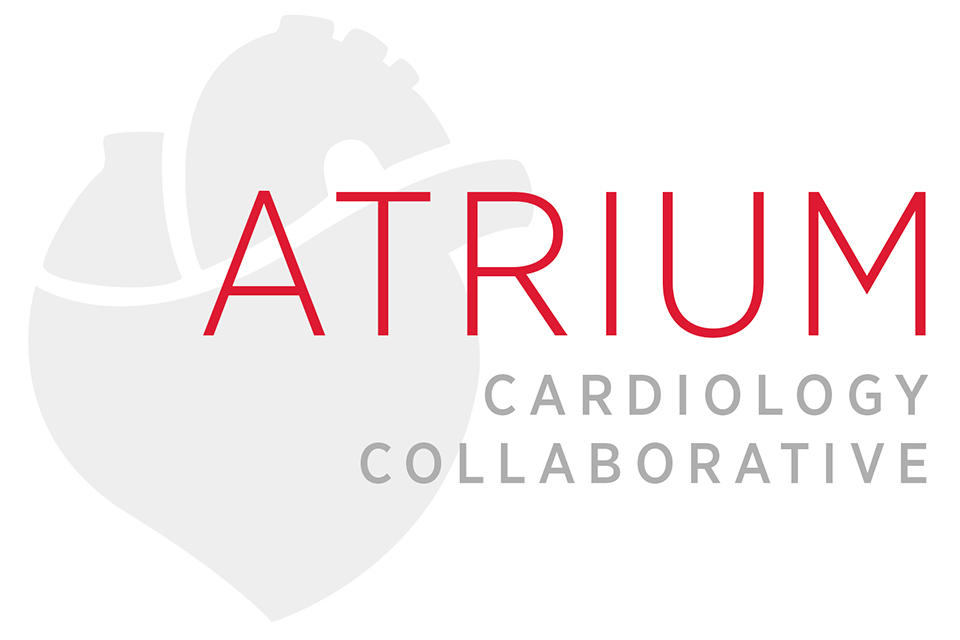SOP’s Reed Weighs In on Guidance for Statin, Heart Disease Drug Interactions
Issued by the American Heart Association, new scientific statement offers advice for managing potential interactions between statins and other commonly prescribed heart disease drugs.
By Malissa Carroll
March 24, 2017
Brent Reed, PharmD, BCPS-AQ Cardiology, FAHA, assistant professor in the Department of Pharmacy Practice and Science (PPS) at the University of Maryland School of Pharmacy, joined a team of nine pharmacists and physicians assembled by the American Heart Association (AHA) in issuing a new scientific statement that provides guidance about potential interactions between statins and other medications commonly prescribed to treat heart disease.
“Statins are among the most commonly prescribed medications in the United States, which makes the lack of awareness surrounding drug interactions between statins and other heart disease medications all the more surprising,” says Reed, who also serves as a clinical pharmacy specialist in the Heart and Vascular Center at the University of Maryland Medical Center, where he practices in the areas of advanced heart failure and cardiac transplantation. “While most health care professionals know that some statins can interact with other heart disease medications and place patients at risk for side effects, it is not always clear which interactions might be serious enough to warrant a change in treatment or increased monitoring.”
Prescribed to patients with atherosclerosis (hardening and narrowing of the arteries), statins are a class of cholesterol lowering medications that reduce cardiovascular disease and mortality among patients who have been diagnosed with or are at high risk for heart disease. Because patients who take statins are often prescribed other medications to help treat or reduce their risk for heart disease, they are at an increased risk for drug interactions, which can lead them to experience side effects that range from mild to severe, including muscle weakness or internal bleeding.
As a co-founder of the Applied Therapeutics, Research, and Instruction at the University of Maryland (ATRIUM) Cardiology Collaborative – a program launched at the School of Pharmacy in 2015 to provide clinical pharmacy services, research, and instruction in the field of cardiovascular pharmacotherapy – Reed has dedicated his career to advancing the care provided to patients with cardiovascular disease. His participation on the committee that published this scientific statement serves as a natural extension of this work, providing clinicians with information about doses at which certain heart disease medications can be safely used with statins, as well as the combinations of statins and other cardiovascular medications that might be potentially harmful to patients.
“Drug interactions between statins and other medications used to treat heart disease are likely underestimated,” says Reed. “In fact, many of the troubling reports that we sometimes read about statins might not be the result of the statin itself, but an interaction with another drug that a patient has been prescribed – interactions that can often be prevented. The goal of the AHA statement is to educate and raise awareness among health care professionals about these potentially serious interactions and offer guidance about the steps they can take to safely manage them.”
The statement published by Reed and his colleagues examines a number of heart disease medications that can potentially cause adverse reactions when combined with statins, including medications used to treat abnormal heart rhythms and congestive heart failure, anticoagulants (blood thinners), immunosuppressive medications, non-statin cholesterol lowering medications, and medications used to treat high blood pressure. In addition to providing information about dose limits and adverse effects associated with certain drug interactions, it reinforces the need for health care professionals to review all medications taken by patients who have been prescribed statins at each visit, as well as during transitions of care, to ensure that any potential drug interactions are identified and evaluated early, and managed appropriately – an area in which Reed believes pharmacists can play an integral role.
“Pharmacists are the medication experts of the health care team,” he says. “Clinical pharmacy specialists working in the field of cardiology have the knowledge and skills needed to provide expert advice about the optimal use of statins and other heart disease medications in patients with cardiovascular disease. We are frontline health care professionals who can help screen patients for potentially harmful drug interactions, and collaborate with other providers to ensure these medications are used safely and effectively.”



